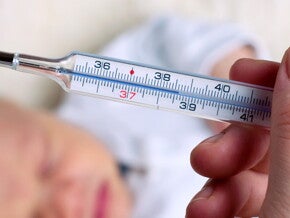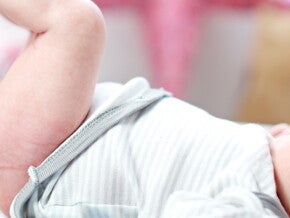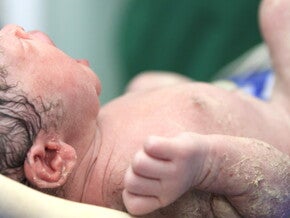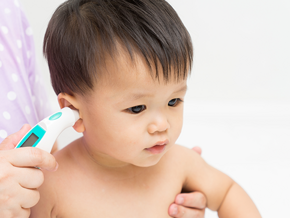
Seize every napping moment
Nap whenever possible. Even if it means leaving the house a shambles and the laundry in a pile, take the opportunity to get a bit of rest. If possible, try to nap when your baby naps. At this point, your sleep really is more important than household chores. Ask your partner, a friend, or a relative to sit with the baby (and your other children) while you grab a few hours of sleep.
Limit entertaining
Sometimes visitors can be more of a hindrance than help, so don’t be afraid to limit visitors during the first weeks at home with baby. Put all the important information about the baby on your social media pages or send out group emails to update friends and relatives. Let your phone voicemail answer your calls. Ask potential visitors to call ahead, and be selective about whom you invite over. If possible, choose friends or relatives who won’t mind washing a few dishes or sitting with the baby (and your other children) while you take a nap.
Eat wisely
Since you never know when you’ll have the opportunity to lie down for a bit, avoid really big meals that may make it difficult to fall asleep. Frequent light, healthy meals will keep your energy levels up without interfering with your ability to sleep.
Cut down the caffeine
An occasional coffee or caffeinated drink may give you that boost you need to stay alert, but if you rely on caffeine to keep you going it may be harder to fall asleep when you actually have the chance.
Exercise early
If you’re trying to get back into an exercise routine, schedule your workout in the morning, when it will give you an energy boost. Late afternoon or evening workouts may keep you up. Always talk to your doctor before starting to exercise after giving birth.















